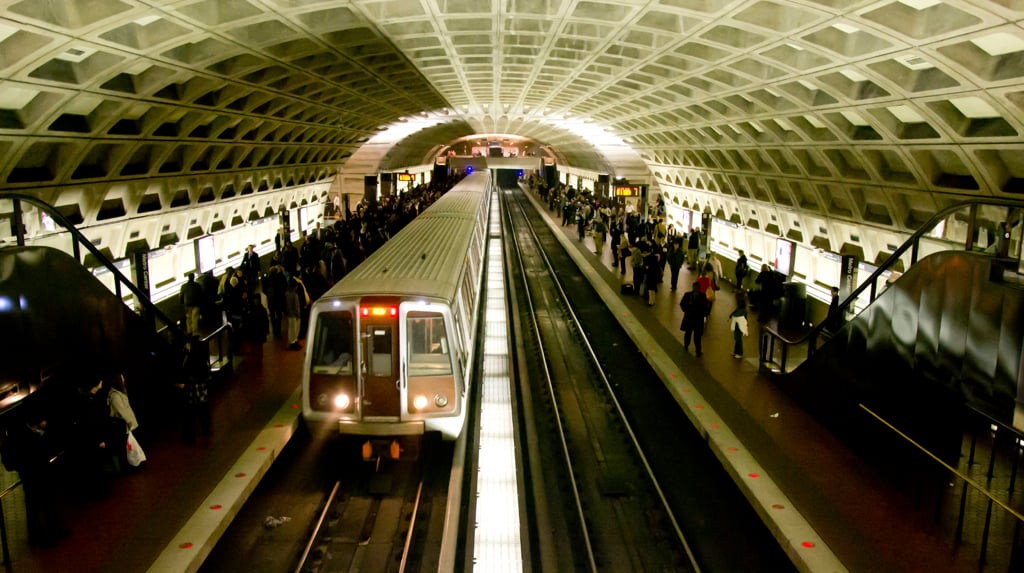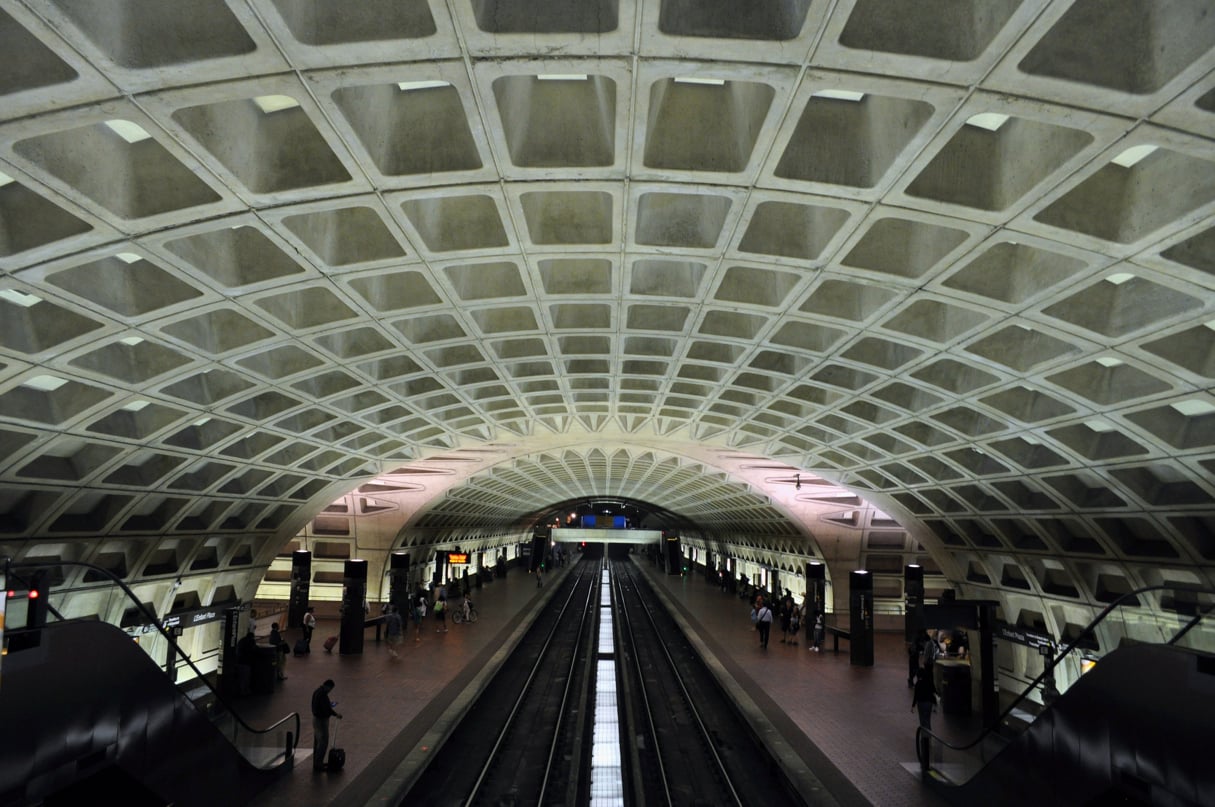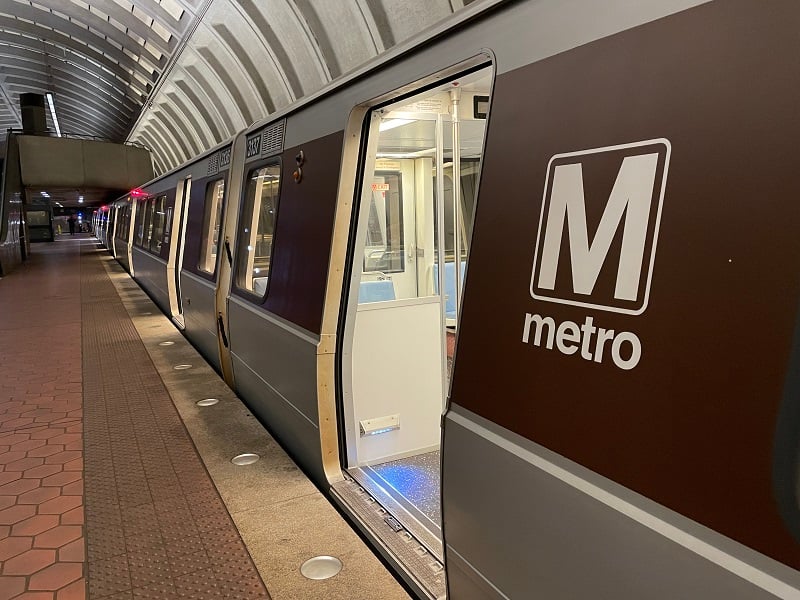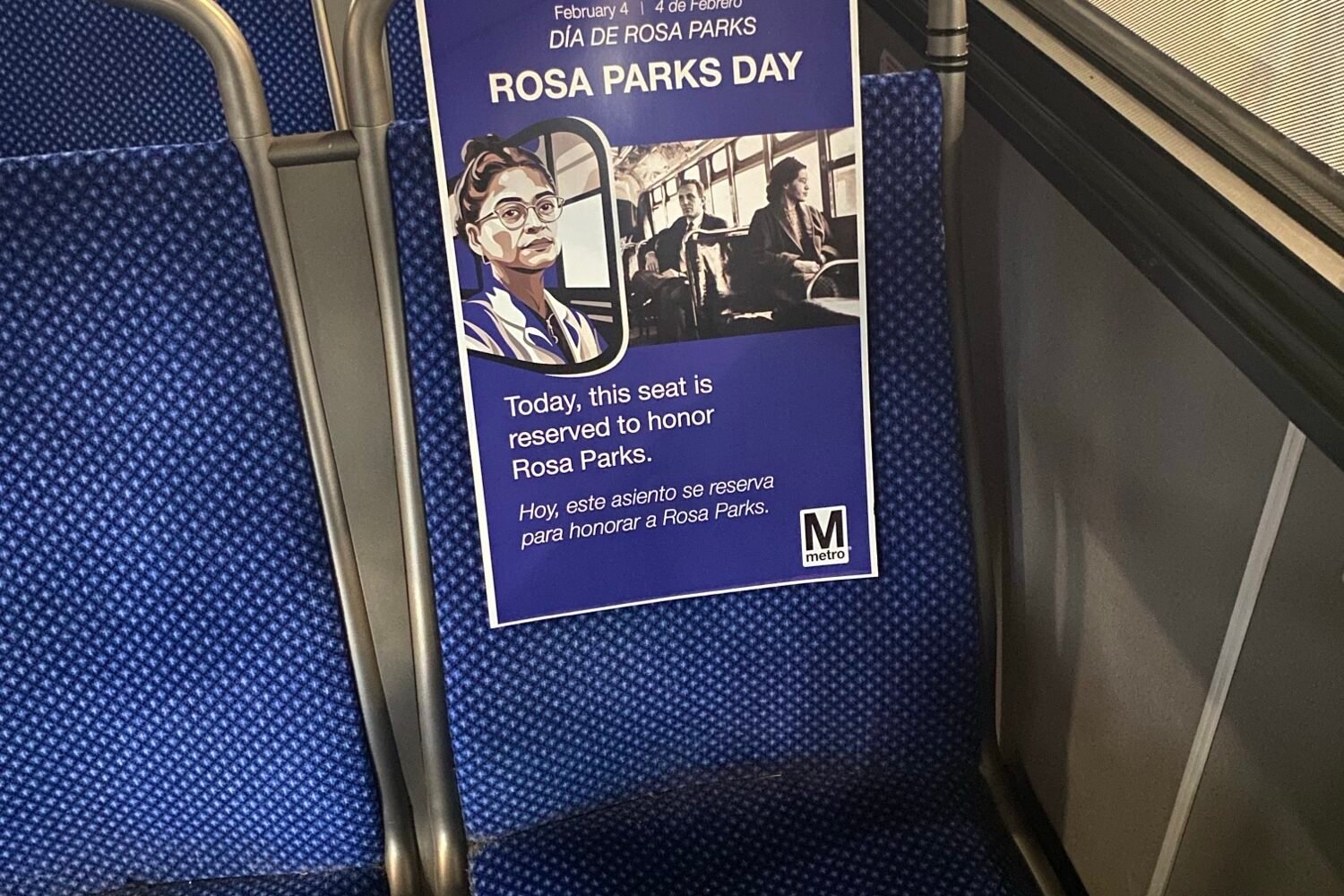Monday was another bad day for Metro riders. A “cable fire” in the tunnel outside the McPherson Square station bungled many a morning commute, as Blue, Orange, and Silver Line passengers had to take buses through downtown while the train tracks were closed. The woes continued into the evening, with even more delays and single-tracking while the problems were addressed.
And so new WMATA general manager Paul Wiedefeld had to make his first contribution to a long DC-transit tradition—the Metro apology. While the system might be a source of daily frustration for your average rider, only certain debacles warrant the full-scale apology-letter response.
“I know that it was a tough commute this morning for our Blue, Orange and Silver line customers,” Wiedefeld’s letter began. It was a contrite admission, but how does it rank in the grand history of Metro apologies? Here’s as many as we could find:
Biggest Understatement
January 2013
For a commute that was accurately labeled “nightmarish” by news accounts at the time, WMATA sure had a staid response. After a small fire near the Anacostia station forced Green Line trains into single-tracking, power was accidentally disabled to two trains stalled in the tunnel. Onboard, 2,000 stranded passengers were plunged into darkness for hours. As the cars got hotter from lack of air circulation, some of the marooned riders got sick—others forced the doors open and walked on the tracks toward the nearest station.
“We apologize for the extraordinary delays you experienced last night, and in particular, to those who had such an alarming experience on the two trains that lost power,” read Metro’s apology, which we’re guessing didn’t quite do justice for the people trapped in this hellish ordeal.
Most Oddly Specific
July 2013
A disabled train outside the Clarendon station prompted Metro to apologize with a strangely specific baseline for aggravation: “We understand that delays of an hour or more impact you and your families, and we apologize for the inconvenience.” Delays of an hour or more—that’s when you can be outraged. So next time you’re complaining about a paltry 45-minute delay, suck it up.
Best Positive Thinking
November 2013
“After decades of neglect, we have spent the past three years rebuilding the system from the bottom up,” said then-GM Richard Sarles after two consecutive days of Red Line delays caused by a litany of unrelated problems that left riders exasperated. “Today, we’re at the halfway mark. It’s getting better, and these disruptions to service are happening less frequently overall.” If only.
Most Repentant
January 2015
The remorse almost drips off this apology, which followed last year’s infamous “smoke incident” at L’Enfant Plaza that left one woman dead. “We apologize to all Metro riders, and particularly to the family of Carol Glover and those injured or impacted by the events of Monday afternoon,” it read. “The incident that occurred on the Yellow Line outside L’Enfant Plaza was harrowing for the passengers aboard that smoke-filled train…You have our absolute commitment that we will provide a full accounting of what happened on that day, from the cause of the smoke to our emergency response.”
Most Unsatisfactory
May 2015
Just a few months after the deadly smoke incident, another report of tunnel smoke shut down Rosslyn and Foggy Bottom stations. Already-wary riders faced major delays on three lines, but got a fairly boilerplate apology from the beleaguered agency: “Metro apologizes for the significant delays, crowding and inconvenience many of you experienced this morning,” it began, insufficient words for riders trapped in the midst of a grim year of WMATA fiascos.
Most Candid
Yesterday
Wiedefeld broke the mold with his apology yesterday. Not only was it significantly longer than the average one, it also spelled out the whole situation pretty well, along with what was being done to fix it. It closed with a personal mea culpa, and a candid acknowledgment that the problems weren’t over yet: “I apologize for the delay, inconvenience and crowding you experienced this morning—and that you may experience again later today.”


















